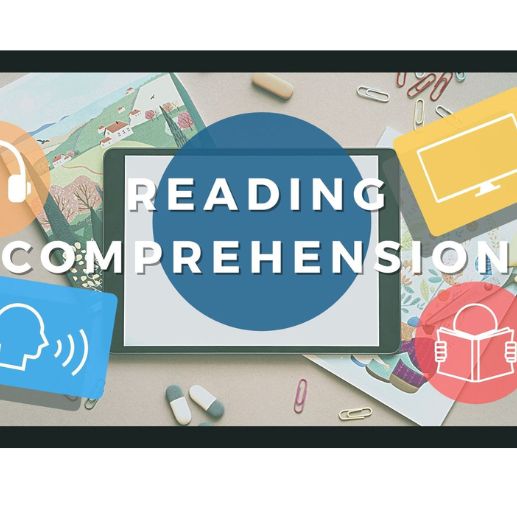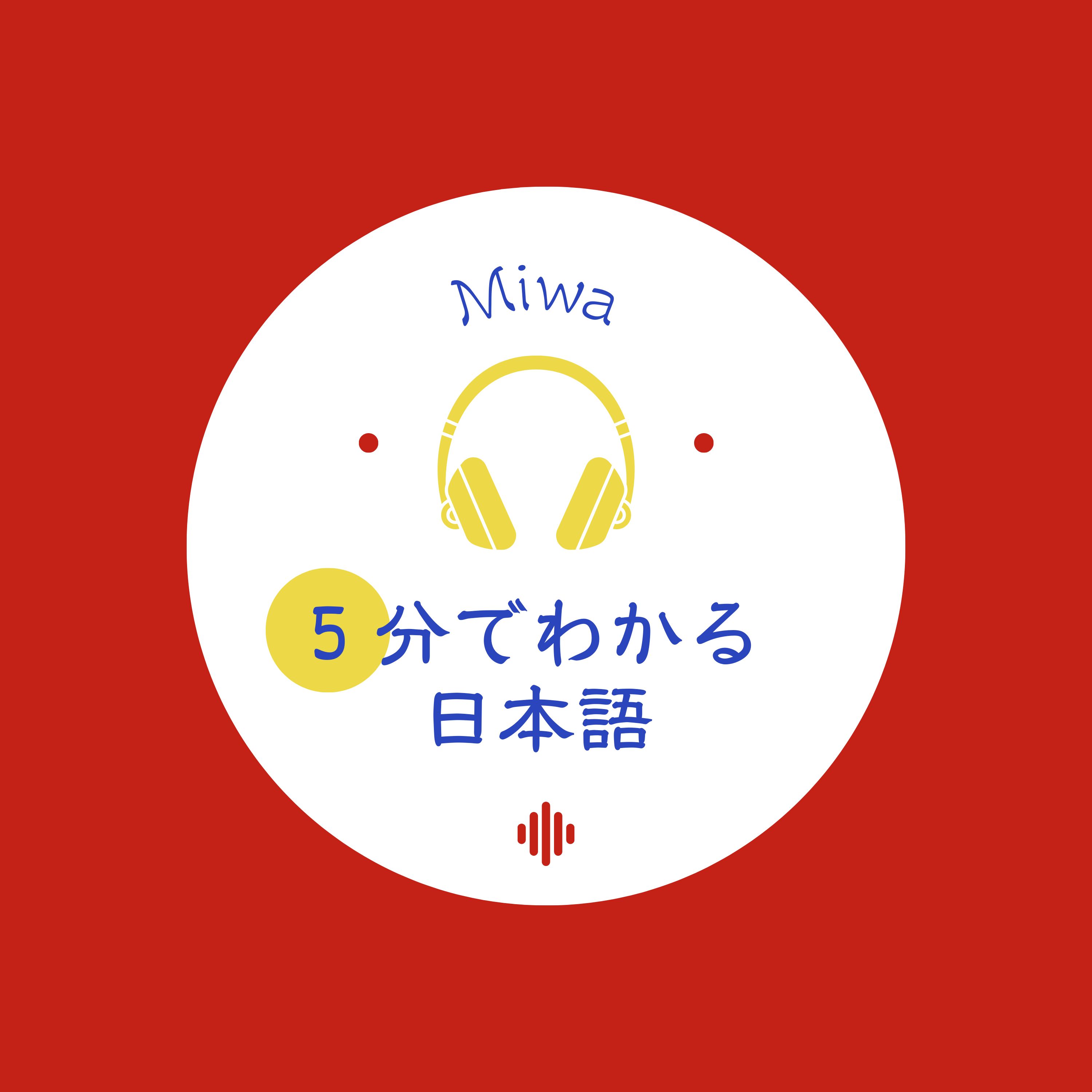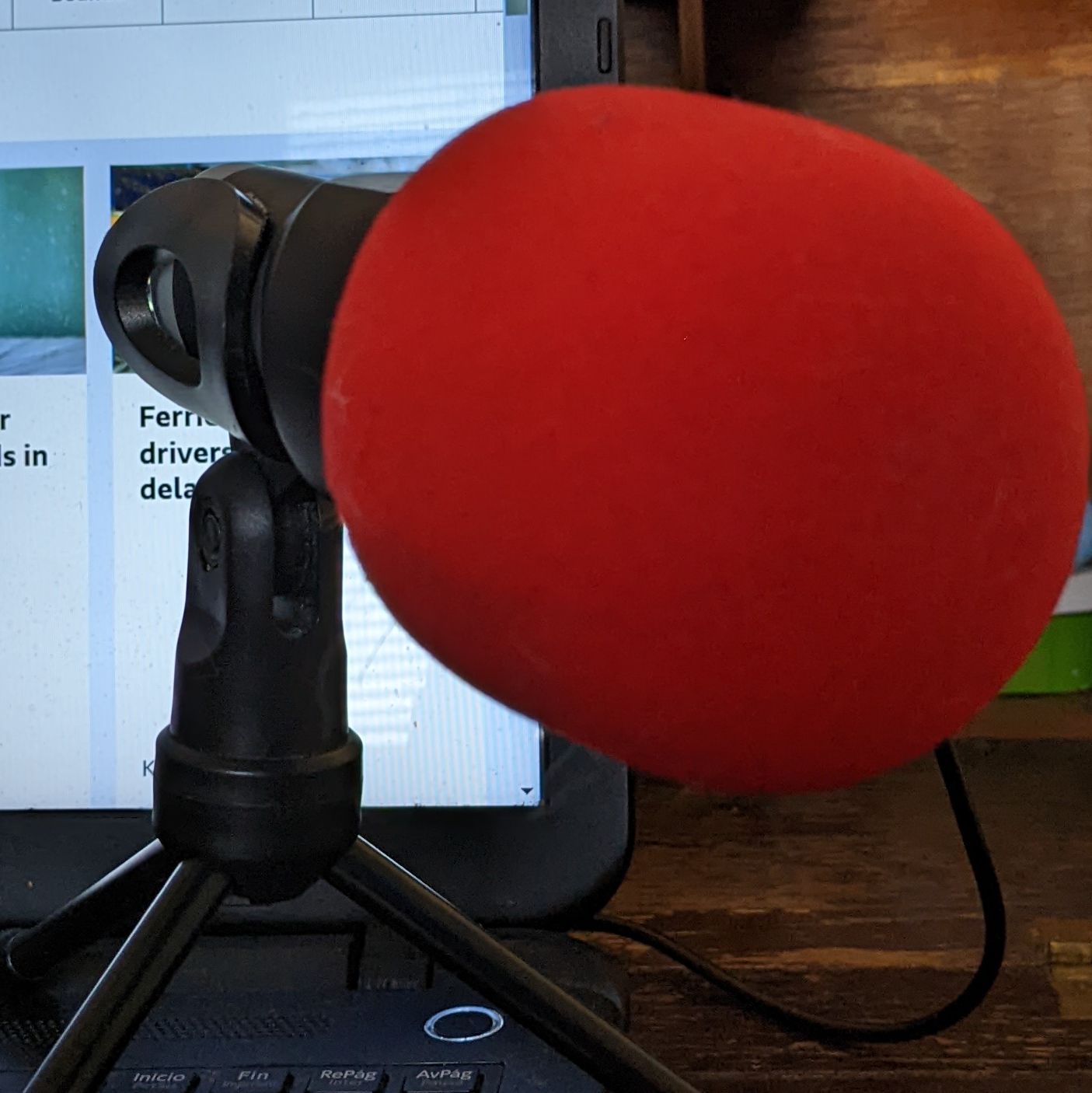
Keep Screens Out of Bed for Better Sleep
説明
You just got into bed after a long day, and you're exhausted. You plan to spend a few minutes on your phone — maybe scrolling Instagram or TikTok — and then sleep.
But when you try to sleep, it's not as easy as you thought it would be. You were so tired — what happened?
According to a new study, your phone may be the problem.
The study, done by researchers at New Zealand's University of Otago, involved 85 kids aged 11 to 14. They each spent a week wearing a body camera on their chest starting from three hours before they got into bed.
A second camera was also placed in their bedrooms to monitor their phone use once they were in bed. They also wore a device that tracked their sleep.
The researchers found that 99% of the participants used their phones in the two hours before bed. More than half used their phones while they were in bed, and about a third used their phones after trying to go to sleep.
The results showed that screen time in bed affected participants' sleep — it stopped them from going to sleep for about half an hour, and also reduced the amount of sleep they got.
The impact was larger when participants had a more interactive experience — such as playing a game — or if they used more than one screen. For every additional 10 minutes of this type of screen time, sleep time was reduced by the same amount.
Interestingly, phone use in the two hours before bed had little impact on sleep.
According to lead researcher Bradley Brosnan, the results suggest that, while current guidelines recommend no screen time in the hour or two before bed, keeping phones out of the bedroom might be enough for a better night's sleep.
ポッドキャストチャンネル
Practice Listening, Reading & Comprehension
製作者
全エピソード

日本語の「アイス」と「氷」の違いを学ぼう!

Day 27

Easy Turkish GREETINGS

N3語彙 第1週1日目

4 Tips on How to Negotiate a Job Offer

Places in Town|Posti in città

SWE 131 My Top Pet Peeves

Language Partners (with transcript for study)
人気のエピソード

🌸5分でわかる日本語🌸 Japanese Podcast
日本語の「アイス」と「氷」の違いを学ぼう!

A 30-day positive affirmation journey with Rose
Day 27

Easy Turkish
Easy Turkish GREETINGS

N3合格
N3語彙 第1週1日目

Express to Impress
4 Tips on How to Negotiate a Job Offer

Italian Everyday
Places in Town|Posti in città

Streetwise English
SWE 131 My Top Pet Peeves

Teacher Joseph's Podcast
Language Partners (with transcript for study)